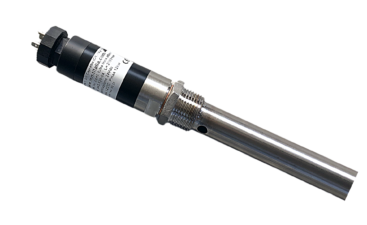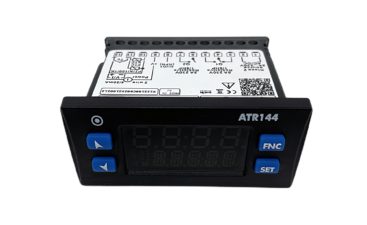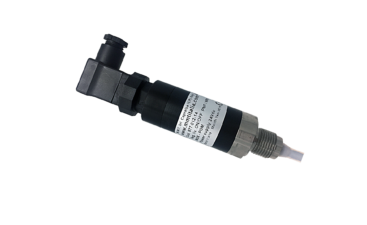Capacitive Probes: Advanced Technology for Fluid Monitoring
Capacitive probes (capacitive probes) represent state-of-the-art technology for monitoring fluid and material levels in tanks, silos and other containers.
Principle of operation of capacitive probes
Capacitive probes exploit the electrical properties of materials to detect and measure levels with high accuracy.
They base their operation on the change in electrical capacitance that occurs when a material comes into contact with the sensor. The basic principle is that of the capacitor, in which two electrodes separated by a dielectric material form an electric field.
In the case of capacitive level probes, one electrode is the sensor itself, while the other is the container wall or a reference electrode. The material being measured acts as a dielectric, changing the capacitance of the system according to its level.
As the level of the material increases, the capacitance of the system changes proportionally. An electronic circuit built into the probe detects this change and converts it into an output signal, which can be analogue or digital depending on the model. Capacitive probes are capable of measuring both point and continuous levels.









